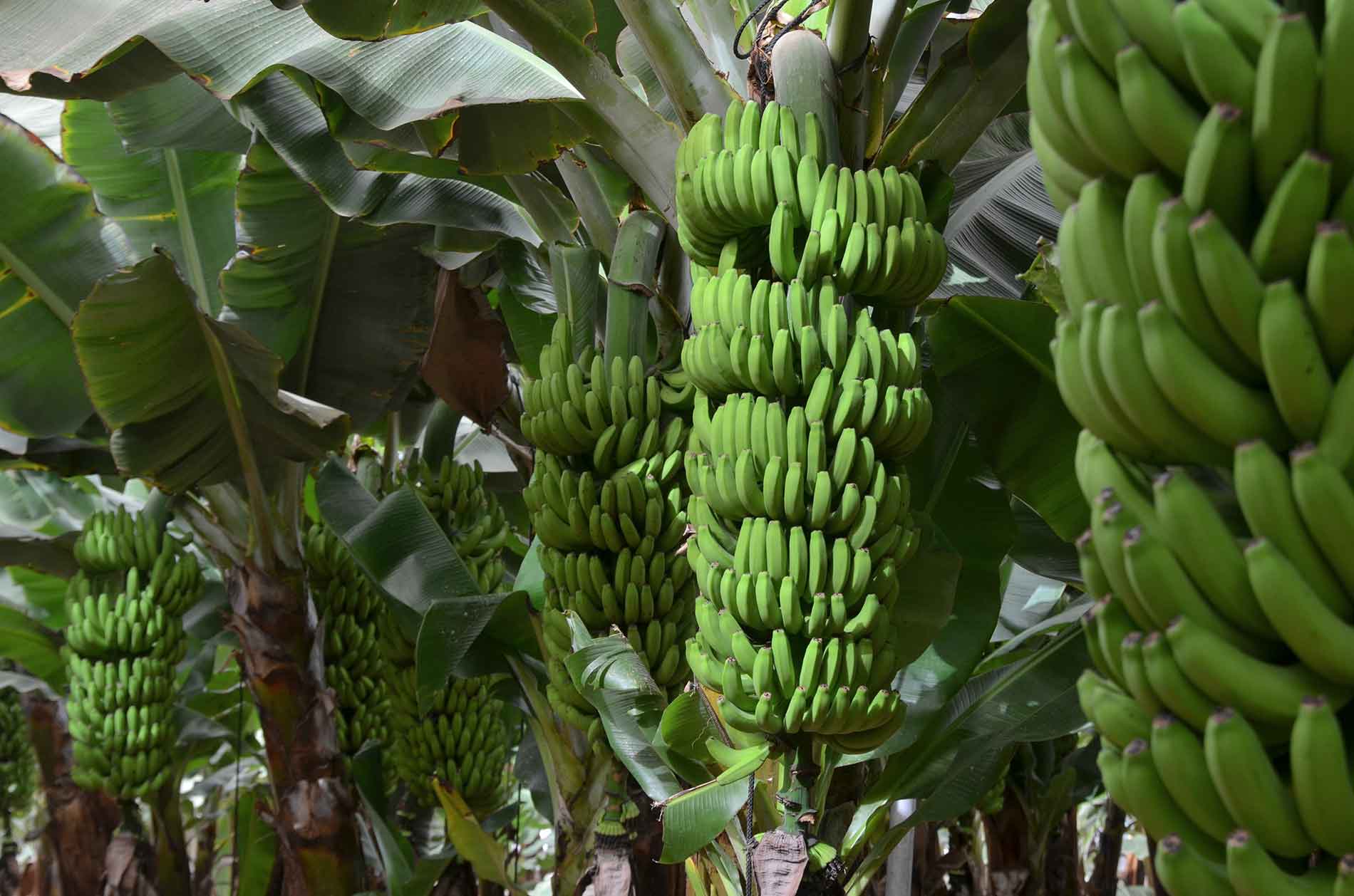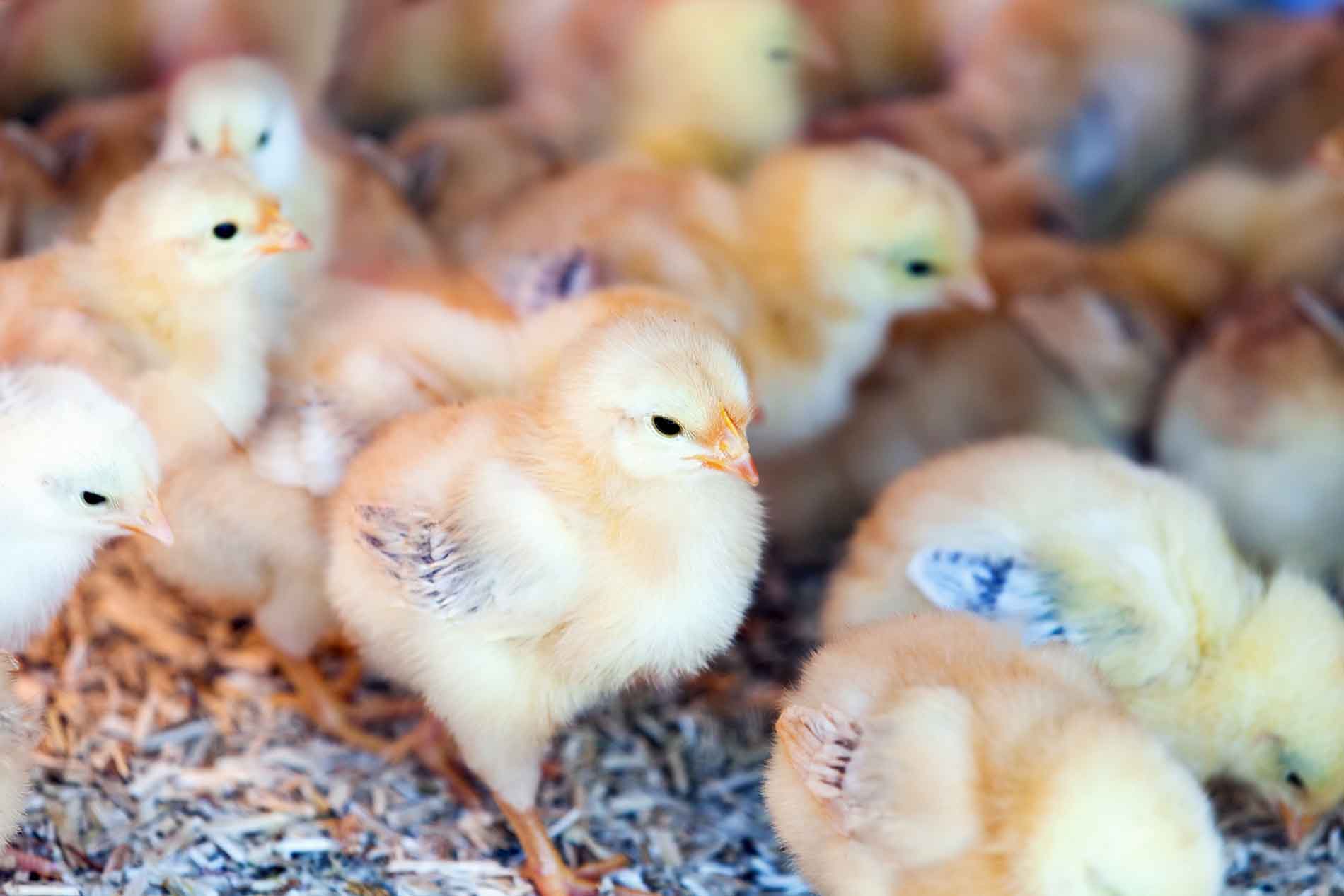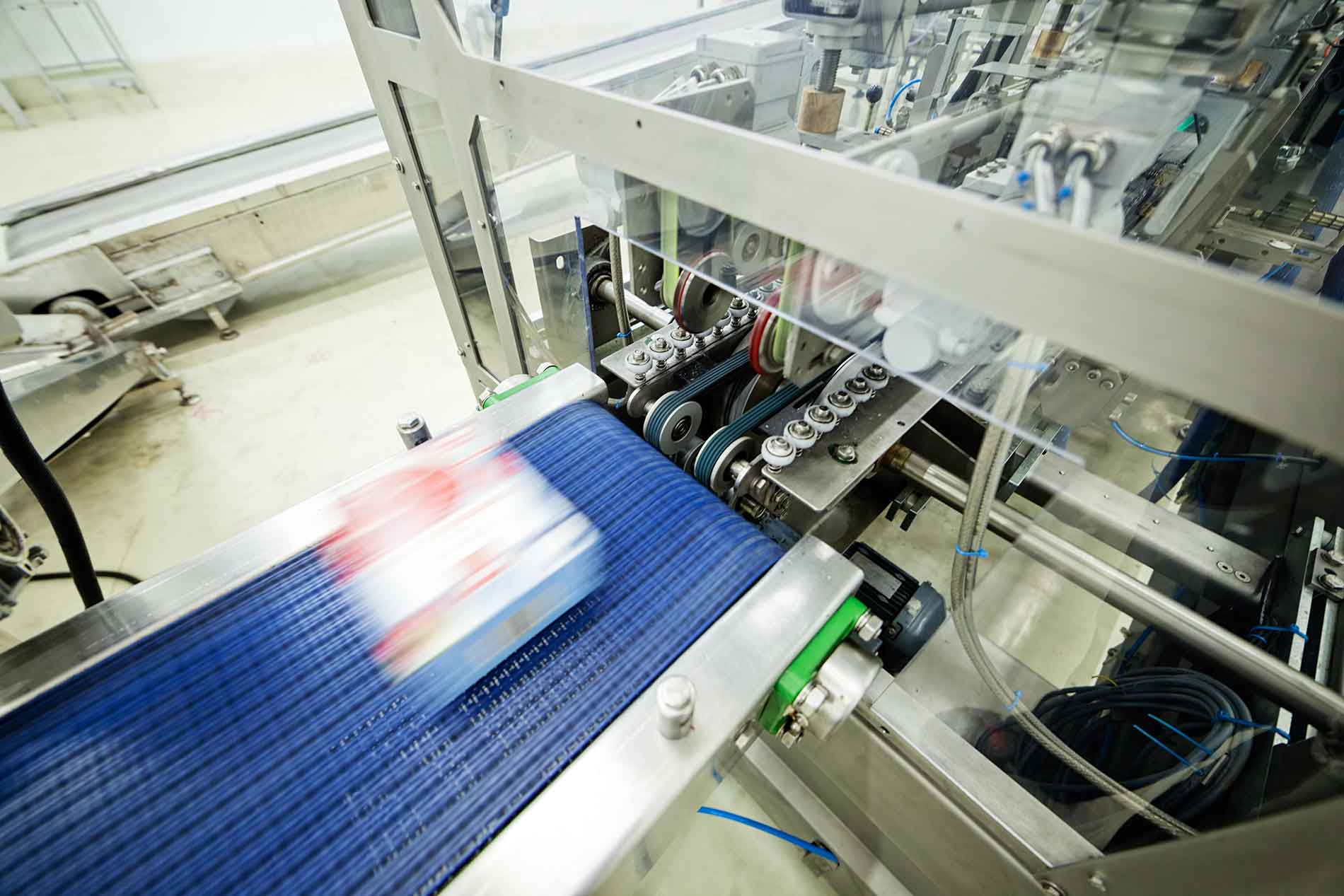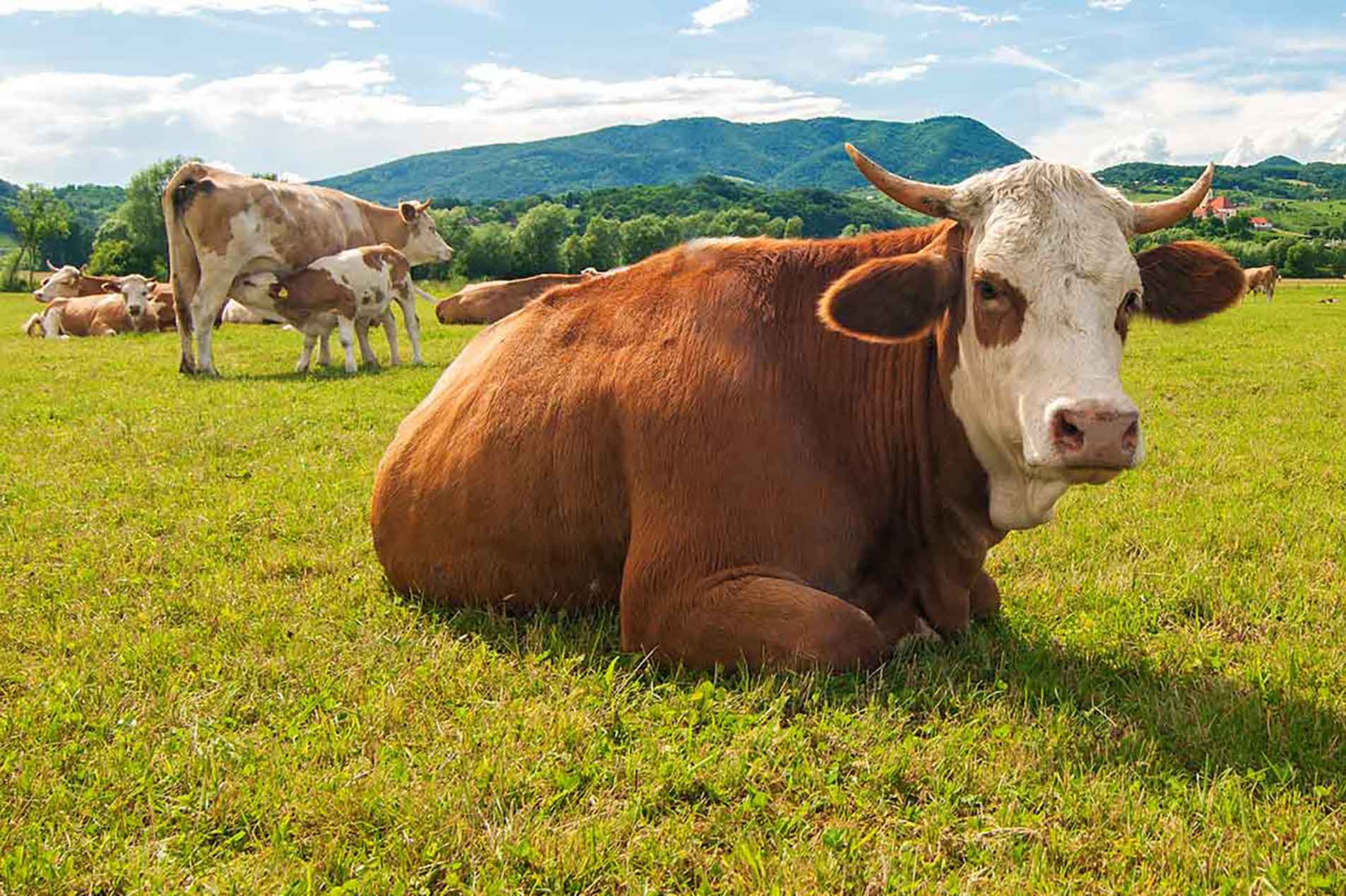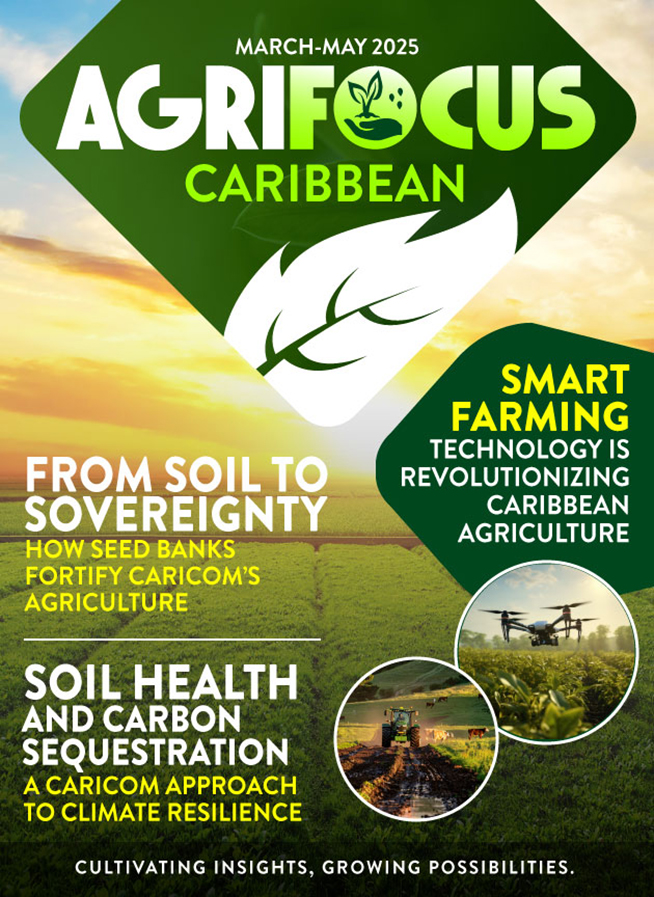The Caribbean region, endowed with fertile soils and favorable climates, has a rich agricultural heritage. However, challenges such as climate change, limited infrastructure, and economic vulnerabilities have often impeded its agricultural advancement. The EU-Caribbean Partnership offers a strategic framework to address these challenges, fostering sustainable agricultural growth and strengthening economic ties between the Caribbean and the European Union.
Understanding the EU-Caribbean Partnership
The EU-Caribbean Partnership is anchored in the Economic Partnership Agreement (EPA) between the European Union and 14 CARIFORUM states, which has been in effect since October 2008. This agreement facilitates trade in goods and services, investment, and development cooperation, aiming to promote sustainable development and poverty reduction in the Caribbean. The EPA ensures duty-free and quota-free access for Caribbean products into the EU market, providing a significant opportunity for Caribbean exporters.
Maximizing Market Access Opportunities
The EPA grants Caribbean agricultural products duty-free and quota-free entry into the EU market. To fully capitalize on this, Caribbean producers must adhere to the EU’s stringent quality and safety standards. The EU has supported capacity-building initiatives to assist Caribbean exporters in meeting these standards, thereby enhancing their competitiveness in the European market.
Enhancing Climate Resilience in Agriculture
The Caribbean is highly susceptible to climate change impacts, including hurricanes, droughts, and rising sea levels, which threaten agricultural productivity. In response, the EU has launched a regional food security program under the Global Gateway initiative, aiming to enhance sustainable agricultural and fisheries practices in the Caribbean. This program focuses on improving access to finance for innovative food production solutions, enhancing food processing and distribution systems, and promoting equitable access to nutritious diets.
Advancing Agro-Processing and Value Addition
Traditionally, the Caribbean’s agricultural sector has been centered on primary production, often missing out on the added value from processing and branding. The EU has been instrumental in developing agro-processing industries in the region through funding and technical cooperation. For instance, the EU-Caribbean Regional Food Security Programme, running from 2023 to 2027, aims to enhance food system resilience by improving food processing and distribution, thereby increasing the value addition within the region.
Strengthening Institutional and Human Capacity
Building institutional frameworks and human resource capacities is a cornerstone of the EU-Caribbean partnership. The EU supports initiatives that enhance the skills and knowledge of individuals involved in the agricultural sector. For example, seminars on agricultural and fisheries insurance have been conducted to improve the understanding and implementation of risk management strategies among Caribbean countries.
Fostering Public-Private Partnerships (PPPs)
Public-Private Partnerships are crucial for bridging gaps in funding and expertise. The EU has facilitated several PPPs in the Caribbean, bringing together governments, private investors, and development agencies to finance and implement agricultural projects. These collaborations have led to increased investments in the agricultural sector, enhancing productivity and sustainability.

Diversifying Agricultural Exports
Historically, the Caribbean has relied on a narrow range of exports, such as bananas and sugar, making the region vulnerable to market fluctuations. The EU-Caribbean Partnership encourages the diversification of exports by promoting a broader range of agricultural products. This includes support for emerging sectors such as organic farming and the cultivation of high-value crops, which have growing demand in European markets.
Promoting Research and Innovation
The EU has been a critical partner in fostering research and innovation in agriculture. Through various initiatives, Caribbean researchers and institutions have access to funding and collaboration opportunities with European counterparts. This collaboration enhances the region’s capacity to innovate and adapt to evolving challenges, such as climate change and market demands.
Addressing Supply Chain and Logistics Challenges
Efficient supply chains are vital for the competitiveness of Caribbean agricultural products in international markets. The EU supports regional integration efforts to improve transport infrastructure and trade facilitation. Projects aimed at upgrading port facilities and introducing electronic customs systems have streamlined export processes, reducing costs and improving efficiency.
Emphasizing Sustainability and Fair Trade Practices
The EU’s emphasis on sustainability and fair trade aligns with the Caribbean’s aspirations for ethical and environmentally friendly agriculture. Programs under the EU’s development cooperation framework have promoted organic farming, certification schemes, and fair trade practices, ensuring better prices for farmers and supporting community development projects in rural areas.
Tapping into the EU’s Circular Economy Agenda
The EU’s circular economy agenda, which emphasizes reducing waste and promoting recycling, offers an avenue for the Caribbean to adopt sustainable practices. Agricultural by-products can be transformed into biofuels, organic fertilizers, and biodegradable packaging materials, creating new revenue streams and reducing environmental impact.
Overcoming Barriers to Success
While the EU-Caribbean Partnership holds immense potential, several barriers must be addressed. Limited access to financing, bureaucratic delays, and inadequate infrastructure are persistent challenges. Governments and regional organizations like CARICOM must work closely with the EU to streamline processes and improve access to funding. Greater coordination among Caribbean nations is essential to present a unified front in negotiations and project implementation. Pooling resources and sharing best practices can amplify the impact of EU support.
Conclusion
The EU-Caribbean Partnership presents a transformative opportunity for agricultural growth in the Caribbean. By leveraging market access, climate resilience funding, capacity building, and innovation support, the region can overcome long-standing challenges and unlock its full potential. Success will require sustained commitment, strategic planning, and effective collaboration between governments, private sector players, and development partners. The region must also prioritize the adoption of sustainable and innovative practices to build resilience against climate change and global market fluctuations.
The EU-Caribbean Partnership provides a framework for addressing these challenges while opening new avenues for growth. By embracing diversification, improving infrastructure, and focusing on value addition, the Caribbean can establish itself as a leader in sustainable agricultural development. Through continuous engagement with the EU and regional coordination, the Caribbean can unlock significant economic, social, and environmental benefits, ensuring a thriving agricultural sector for generations to come.


